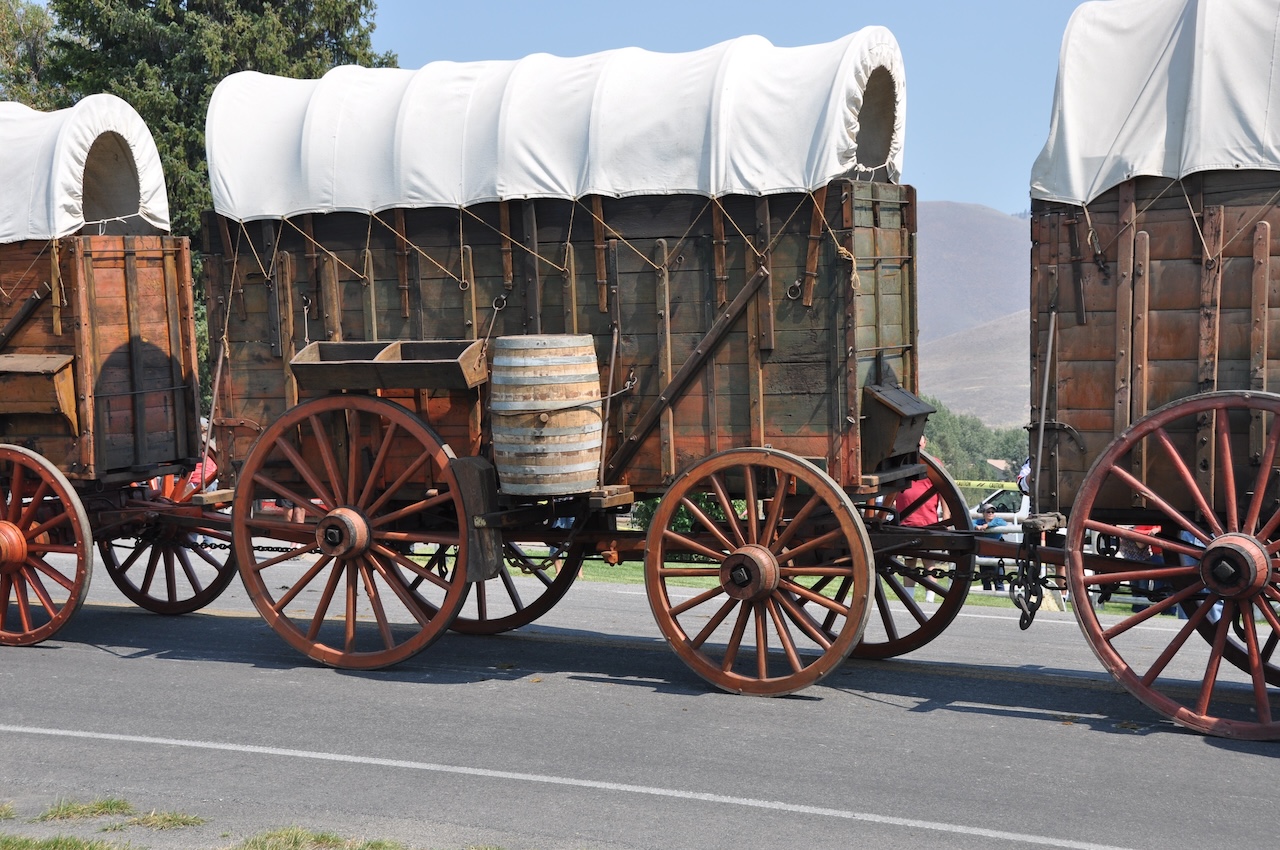We have been in our new home for a month. As I reflected on the process of selling our home and moving away from family and friends in Orlando to South Carolina, I realized we went through five distinct outlooks regarding the world around us. We were settlers in Orlando. We had lived there for thirty-seven years and had lived in our neighborhood more than most. When people heard we were moving, they were surprised because we were kind of the people who knew everyone else. One person described us as the pillars of the hood!
When we visited Greenville over the last few years we clearly felt like foreigners because we didn’t belong. We didn’t live in the area, knew practically no one, and couldn’t even find our way around the city. We were disoriented most of the time culturally, geographically, and relationally. We expected that as we were just visiting.
I can now see the wisdom of the eight weeks we spent as wanderers. We knew where we were going to end up living but couldn’t move into the house because it wasn’t done. So we slept in eleven places, in eight states over the eight weeks. This was a difficult but a healthy time for us. Primarily because it enabled us to move from one chapter of our lives to the next. It was kind of like a bookmark which allowed us to reset our sense of home and living expectations. Though challenging, we grew a lot through it.
There was a significant moment in our wandering journey when we decided to come to Greer and live in a couple of Airbnbs for a month. It was at that point we turned from wanderers to pioneers. As pioneers we began to explore the area for the next month. We tried different grocery, clothing and hardware stores, churches, restaurants and even charging stations for our car! Everything was new and we saw it as an adventure to be explored.
Finally, we moved into our home and became homesteaders. We began to establish a new home in a new land. We put up fans and lighting fixtures, learned when to take out the trash, and introduced ourselves to our neighbors. We established new routines in our new home and kept moving where the silverware was located. We learned how to operate new appliances and what switches controlled which lights.
Homesteading takes some time, but eventually, we will again become settlers. These are the individuals who settle down and don’t plan on leaving.
Moses lived much of life as a stranger. According to Acts 7.29, Moses was a foreigner for forty years in the wilderness before God called him back to lead the Israelites out of Egypt. Then, he led them through forty years of wandering. It would seem the difference between a foreigner and a wanderer is that a foreigner knows they are in a place where they don’t belong, while a wanderer is seeking to get home, but it eludes them. Let me suggest that, like Moses, one can feel like a foreigner even in a place where they have lived for a long time if they don’t fit in.
Jesus describes the lifestyles of his followers (us) as never completely fitting in. He suggests that we would be foreigners, wanderers, and pioneers throughout our lives. The author of Hebrews describes it succinctly when he recounts the heroes of faith through the ages as people who didn’t become too attached to our world. He describes them as:
…these people were still living by faith when they died. They did not receive the things promised; they only saw them and welcomed them from a distance admitting that they were foreigners and strangers on earth. People who say such things show that they are looking for a country of their own. If they had been thinking of the country they had left, they would have had opportunity to return. Instead, they were longing for a better country—a heavenly one. Therefore God is not ashamed to be called their God, for he has prepared a city for them.
Hebrews 11.13-16
Foreigners, Wanderers, Pioneers, Homesteaders, and Settlers are more than just geographic descriptors of our lives. In some sense, they describe stages of our attachment to the world in which we live. Some followers of Christ settle and lose the excitement that accompanies the other stages. I would hope people would see their lives through the lens of these five stages and thereby continue to explore new opportunities for serving their God, who is their ultimate home.

Leave a Reply